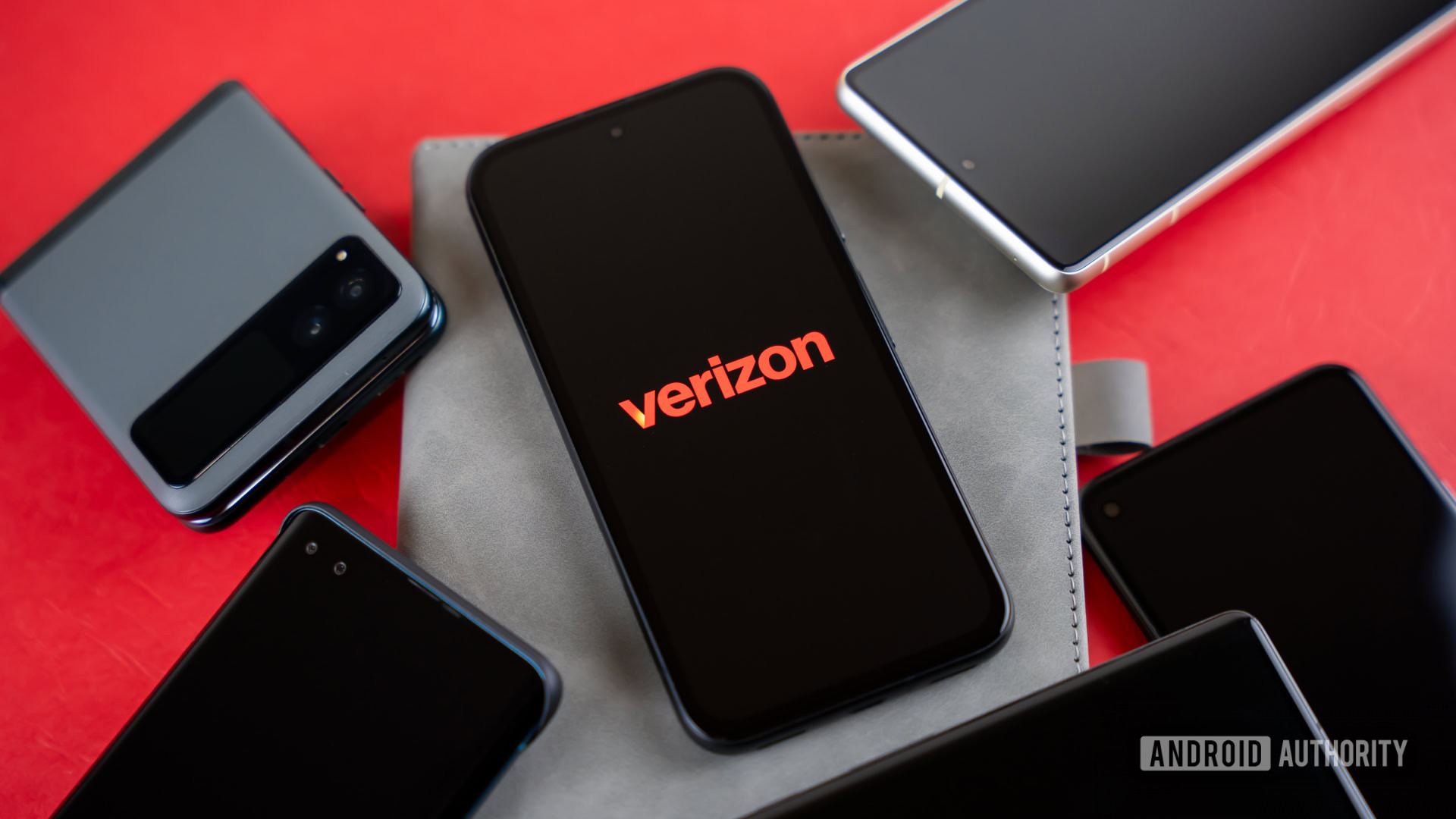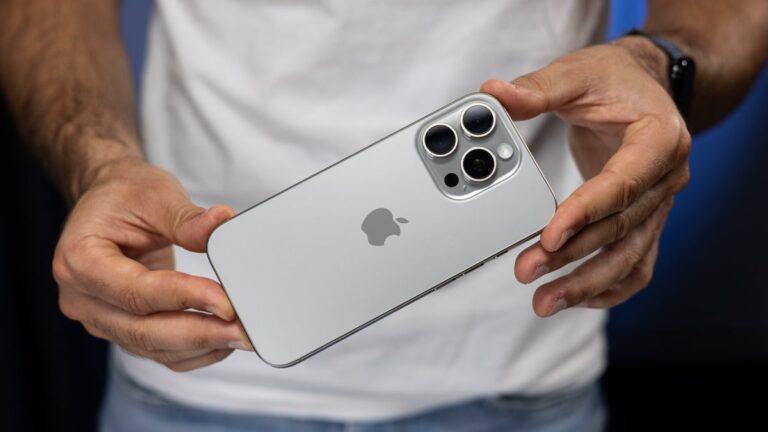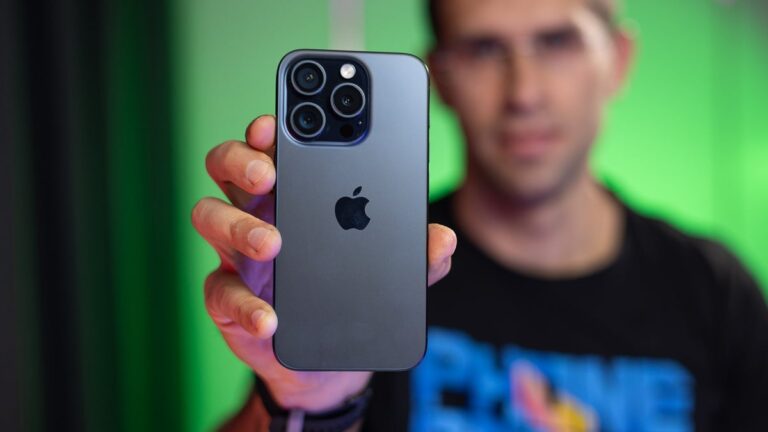Verizon told to clarify ambiguous advertising claims after T-Mobile complaint

Edgar Cervantes / Android Authority
TL;DR
- The National Advertising Division (NAD) has recommended that Verizon change its marketing language about satellite texting based on a complaint from T-Mobile.
- T-Mobile has also challenged Verizon’s claim of being “America’s largest network,” with the watchdog calling Verizon’s advertising “ambiguous.”
- Verizon has said that it’ll comply with NAD’s recommendations.
Verizon is once again under the lens for its inconspicuous advertising claims. This time, the Big Red has been pulled up over claims about its satellite texting service and network size following a challenge from rival T-Mobile.
The National Advertising Division (NAD), an industry watchdog under BBB National Programs, found some of Verizon’s claims to be supported but recommended that the carrier make its advertising clearer for the benefit of consumers.
NAD said Verizon’s slogan “conquering dead zones with satellite” is not misleading on its own, but warned that Verizon must improve its disclosures. Specifically, the NAD says Verizon failed to clarify that the satellite texting service only works on select new phone models and under certain conditions.
Moreover, T-Mobile also took issue with Verizon’s “America’s largest network” claim. While Verizon has based that claim on the number of postpaid subscribers, T-Mobile said the phrase could mislead consumers into thinking it refers to coverage area or geographic reach. NAD recommended Verizon clarify what Verizon means by “largest.”
“NAD found the phrase ‘largest network’ to be ambiguous, potentially conveying different messages to consumers. NAD also determined that the term ‘postpaid phone connections’ may not clearly communicate that it refers to Verizon subscribers,” the organization wrote in a press release shared with Android Authority.
NAD made similar recommendations to those of Verizon last year and asked the carrier to discontinue or modify its satellite texting claims based on a previous complaint by T-Mobile.
Verizon stated it would comply with the NAD’s recommendations. While the NAD does not have the power to enforce changes, companies often follow its guidance to avoid legal or regulatory issues.
For customers, the ruling means Verizon ads may soon become more transparent, especially regarding satellite texting and what its “largest network” claims really mean.






